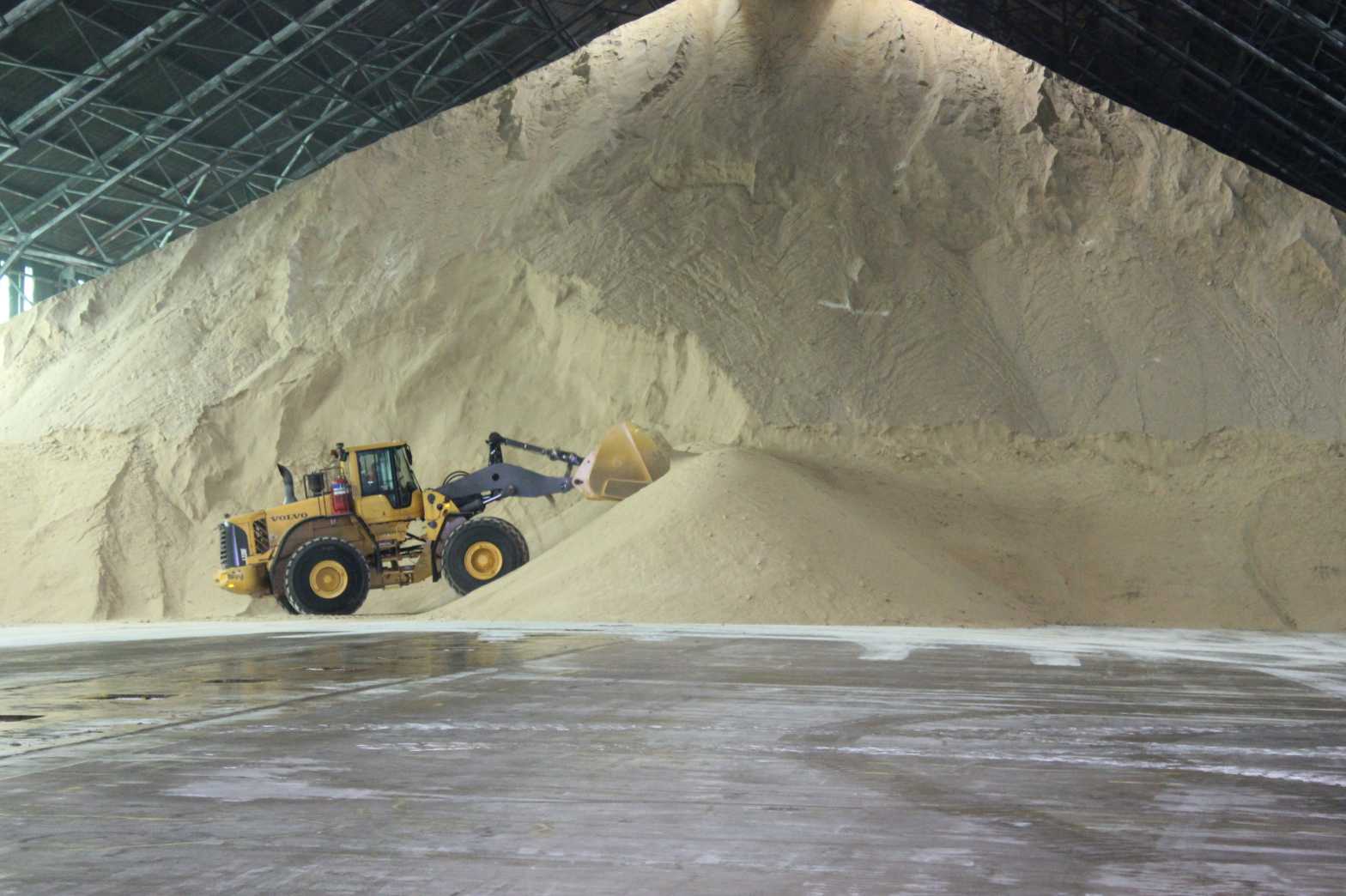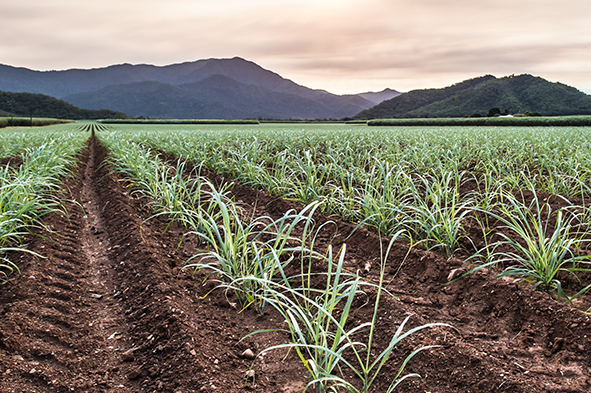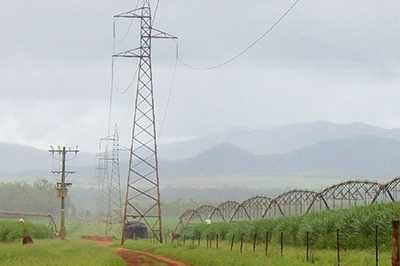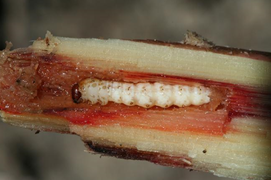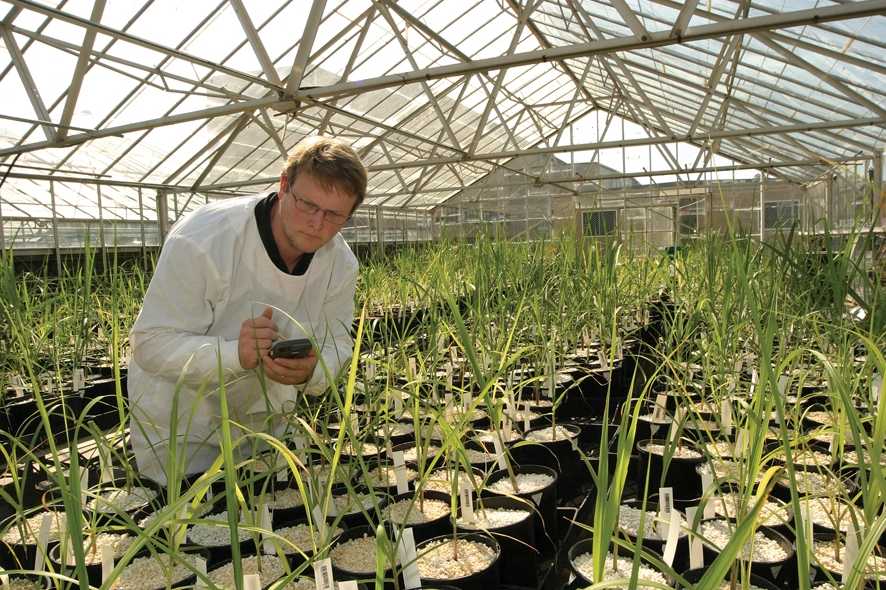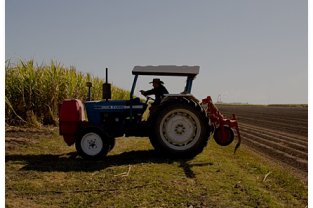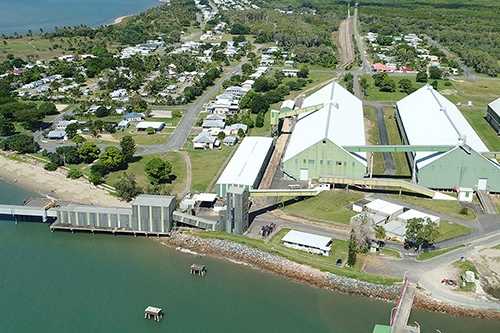Sugar Marketing
Protecting Queensland's unique sugar marketing system
Queensland's sugarcane industry has a unique marketing system, which allows growers to choose which sugar marketer will sell their Grower Economic Interest (GEI) sugar. Growers also have the unique ability to price their GEI sugar up to four seasons in advance, allowing them to lock in prices at the top of the market.
This system, which is exclusive to Australia, was implemented in 2015 following a long campaign by CANEGROWERS to secure legislative change that would guarantee choice and competition in sugar marketing services.
In addition to securing the Sugar Industry (Real Choice in Marketing) Amendment Act 2015, CANEGROWERS fought for and won the federal Sugar Industry Code of Conduct to further strengthen and protect growers' marketing rights, and help level the playing field in contractual negotiations between growers and large milling companies.
- Today CANEGROWERS focuses on ensuring grower rights to choice in marketing are not eroded, and that the Code of Conduct is maintained to prevent milling companies from using their powerful positions within the industry to pressure growers into unfair contracts.
- CANEGROWERS also provides members with up-to-date sugar market information through the organisation's Marketing Information Service. This empowers growers to make better informed decisions about marketing their sugar. Log into the CANEGROWERS Member Portal to learn more...
- CANEGROWERS also runs Business Essentials workshops, which provide growers with the tools and knowledge to market their sugar with confidence. Learn more...
- Grower economic interest (GEI) sugar is the proportion of sugar produced from the grower's cane for which the grower bears the sale price exposure. The grower owns this sugar and can choose which marketer sells this sugar on the grower's behalf.
- Miller economic interest (MEI) sugar is any sugar produced from the cane supplied to a mill for crushing, which is not GEI Sugar. The milling company owns this sugar and will generally market the sugar internally through their own marketing mechanisms.
In 2015, CANEGROWERS won a long campaign to secure choice and competition in sugar marketing services. With these structures in place, Queensland sugarcane growers have been able to choose the marketer of their economic interest sugar and better match their price risk management decisions with their farm and family circumstances.
The campaign was triggered in April 2014 by milling company Wilmar Sugar deciding, without any recourse to its grower suppliers, that it would end its sugar marketing arrangement with the industry-owned not-for-profit marketing company Queensland Sugar Limited (QSL) from the end of the 2016 season. Tully Sugar and MSF Sugar also took that decision, meaning new arrangements would be required before the commencement of the 2017 crush. Growers were immediately alarmed and outraged as the decision meant:
- Growers supplying those companies would have no say in how their economic interest sugar is taken to market and would be forced to use the milling company's marketing pathway. Grower earnings are directly linked to the net returns from the sale of grower economic interest sugar.
- Millers would extend their regional milling monopoly power to include marketing.
Fearing for their future profitability, CANEGROWERS members rallied in big numbers, wrote letters and sent delegations to see political and business leaders in Brisbane and Canberra, demanding the right to choose between the miller's proposal and QSL. Family farmers faced being placed in a situation of transfer pricing, where one company had complete control and could sell sugar to its own overseas partners or subsidiaries at a price below what could be achieved by an independent trader in the open world market.
If allowed to proceed unchallenged, this change to marketing arrangements would have allowed the mills to unilaterally put their only other competition out of business, leaving the way clear for mills to set up their own regional marketing monopoly in its place, with no competition.
In December 2015, amendments to the Sugar Industry Act 1999 were passed by a majority of members of the Queensland Parliament, requiring mills to offer marketing choice to growers and therefore provided for competition in the provision of sugar marketing services. Two agreements are required to make this happen:
- A Cane Supply Agreement (CSA) between the growers and a mill for the supply of cane to the mill; and
- An On-Supply Agreement (OSA) between the mill and the alternate marketer/s who may be chosen by growers.
In 2016, CANEGROWERS welcomed the finalisation of CSAs and OSAs by MSF Sugar and Tully Sugar. As negotiations between Wilmar Sugar, grower representatives and QSL dragged on and threatened to impact the start of the 2017 harvest, the Federal Government introduced a mandatory Sugar Industry Code of Conduct which provides for arbitration to settle deadlocks in the negotiations of both CSAs and OSAs, and grower choice in marketing. The involvement of an independent mediator helped to resolve the deadlocks and CANEGROWERS members supplying Wilmar mills signed CSAs just days before the harvest began in early June 2017.
